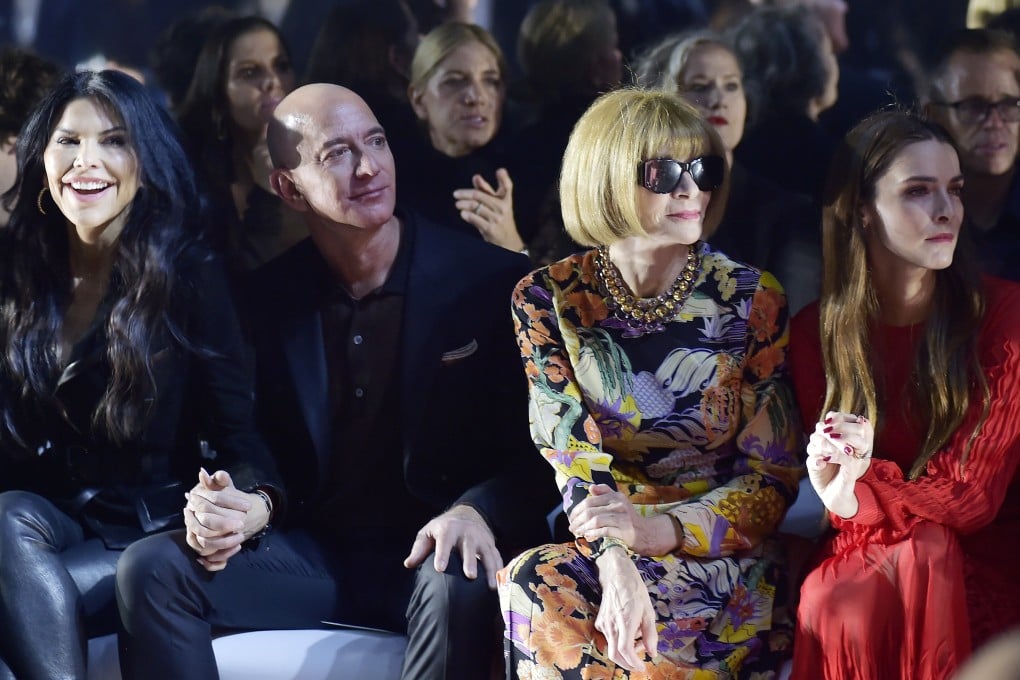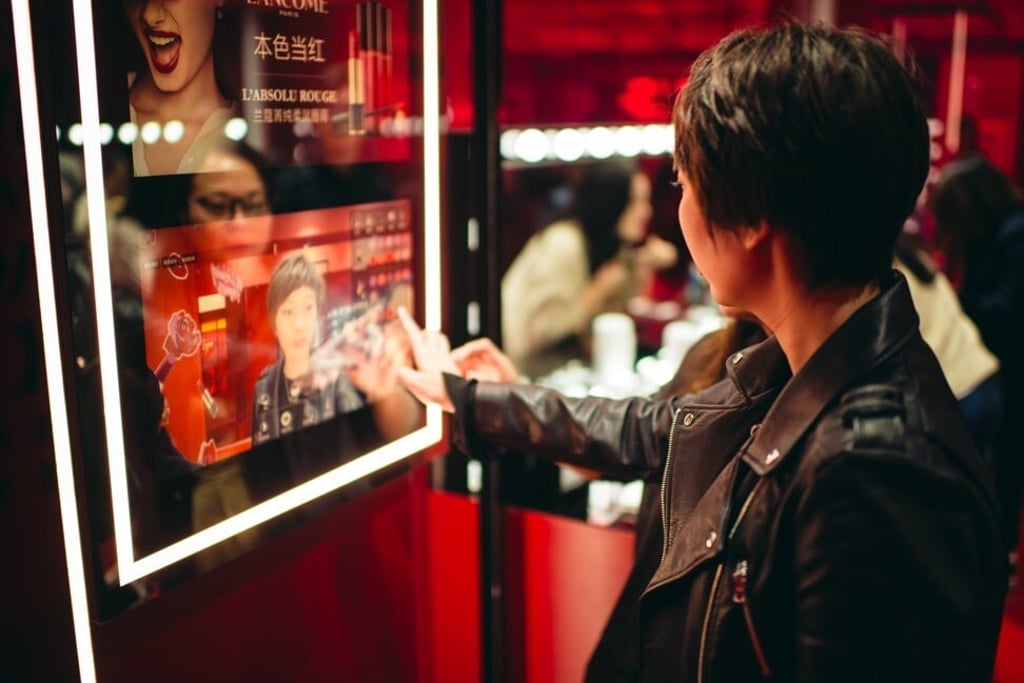Advertisement
Why Amazon is failing to sell luxury fashion but Alibaba is succeeding
- Amazon has been trying to crack the fashion luxury business for years, while Alibaba’s Tmall has become the go-to for luxury brands in China
- Amazon has been trying to up its sexiness factor, with some of fashion’s biggest names including Rihanna and Bella Hadid appearing on Amazon Prime Video
Reading Time:4 minutes
Why you can trust SCMP

Amazon has been selling clothing for years. The giant e-commerce company ran its first fashion advert in 2012, and there was even a moment in 2018 when a padded Amazon own-brand coat went viral, with editors and celebrities spotted wearing it on the streets of Manhattan in New York.
Traditionally, though, Amazon clothing has been more “brandless fleece coat” than “embellished high-fashion catwalk” – meaning that, almost uniquely among retail sectors, luxury has been largely untouched by the online giant.
Not for much longer – according to Amazon, anyway. In the US last month, the mega platform launched its latest bid for the luxury market with a glossy new designer section where brands can create their own digital online boutiques without worrying that their wares will be advertised alongside phone chargers and dog food.
Advertisement
With its individual storefronts and action model shots, it is clearly based on Alibaba and its Tmall luxury site – one of the fastest-growing fashion e-commerce platforms on Earth (Alibaba owns the South China Morning Post ).

Advertisement
There is no doubt that Amazon has China in its sights – the country is now by far the most lucrative luxury market in the world. But while it has some luxury labels on board, Amazon has failed to woo prestigious European brands.
Advertisement
Select Voice
Select Speed
1.00x